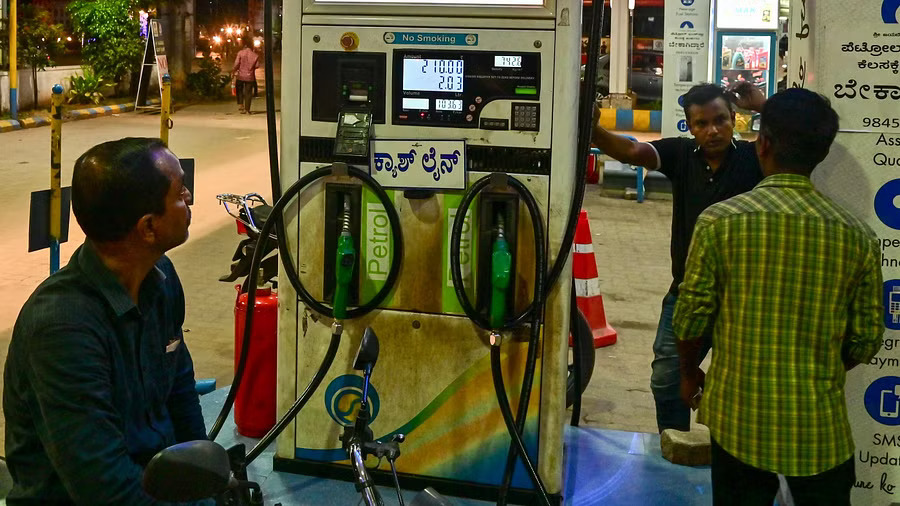A recent directive mandating the use of Kannada on rate cards at petrol stations in Karnataka has ignited a linguistic controversy, leading to confusion and debates surrounding the imposition of language preferences. The issue highlights the delicate balance between regional identity, linguistic diversity, and the need for clear communication in public spaces.
1. Linguistic Identity and Regional Pride: The insistence on Kannada on rate cards is rooted in the desire to uphold and promote the linguistic identity of Karnataka. Language often serves as a key element of regional pride, reflecting the cultural richness and heritage of a community. However, the enforcement of language preferences can trigger debates regarding inclusivity and linguistic diversity.
2. Communication Clarity vs. Linguistic Diversity: The rate cards at petrol stations serve a practical purpose—to communicate fuel prices and related information to a diverse audience. The debate surrounding the language of these rate cards raises questions about striking a balance between ensuring clear communication for all and accommodating linguistic diversity.
3. Challenges in Implementation: The implementation of language preferences, especially in public spaces, can be challenging. It requires careful consideration of the linguistic needs and preferences of the population, acknowledging the multilingual nature of contemporary societies. Striking a harmonious balance that respects linguistic diversity while ensuring effective communication is crucial.
4. Public Sentiment and Cultural Sensitivity: Language-related decisions often evoke strong sentiments from the public. It is essential to gauge public sentiment and navigate language policies with cultural sensitivity. The controversy surrounding the Kannada rate-card diktat emphasizes the importance of considering diverse perspectives and engaging in open dialogue.
5. Potential for Inclusive Solutions: The ongoing debate presents an opportunity to explore inclusive solutions that accommodate linguistic diversity without compromising on communication clarity. Collaborative efforts involving linguistic experts, community representatives, and policymakers can contribute to the development of language policies that resonate with the sentiments of the people.
As discussions unfold regarding the use of Kannada on rate cards at petrol stations, it is essential to approach the issue with sensitivity and a commitment to fostering inclusivity. Balancing linguistic identity with the need for effective communication requires thoughtful consideration and a willingness to explore solutions that resonate with the diverse linguistic fabric of Karnataka. In navigating language controversies, fostering understanding and collaboration can pave the way for policies that reflect the aspirations and values of the community.
Sponsored
FACTS Transcripts
Apply for a University document anywhere
https://www.factstranscript.com
Quick Transcripts for popular Universities, check your University name now and get started. We help you to get your transcript application online which is accepted for use of IRCC.
No DD, NO Paperwork. 100% Authentic, Reliable.
FACTS Transcripts Charges · Reviews · Assam Universities · Home · Know your University










